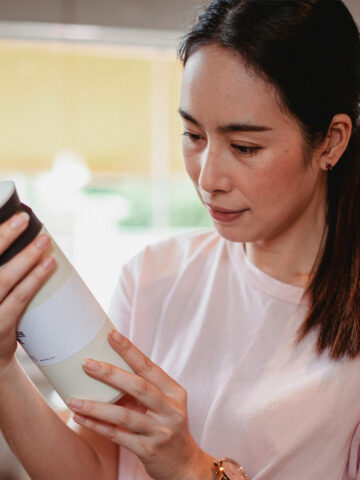
Food dyes are widely used in processed foods, beverages, and candies to make them look more appealing, but from a functional health perspective, they raise significant concerns. While they may enhance the appearance of certain foods, food dyes offer no nutritional value and have been linked to potential health risks, particularly in children. Here’s a closer look at what you need to know about food dyes and their impact on your health.
What Are Food Dyes?
Food dyes are synthetic chemicals used to add or enhance the color of food. These dyes are often found in processed foods like sodas, candies, cereals, and baked goods. Commonly used dyes include Red 40, Yellow 5, and Blue 1, which are derived from petroleum. While these dyes are approved by regulatory agencies like the FDA, there are growing concerns about their safety, particularly regarding their long-term effects on health.
Health Concerns
Studies suggest that artificial food dyes may have negative effects on health, particularly for certain individuals. In children, food dyes have been linked to hyperactivity and behavioral changes, which is why some countries have banned or restricted their use. Additionally, certain dyes have been associated with allergic reactions and sensitivities, while others are suspected of contributing to inflammation and oxidative stress in the body.
From a functional medicine perspective, these dyes may also disrupt the gut microbiome, which plays a crucial role in immune function and overall health. Over time, exposure to artificial additives like food dyes can contribute to chronic conditions, including inflammation and digestive issues.
Choosing Natural Alternatives
If you’re concerned about the potential risks of food dyes, choosing natural alternatives is a simple and effective way to avoid them. Many companies now use plant-based colorings, such as beet juice, turmeric, and spirulina, which provide vibrant colors without the health risks. Reading labels and choosing whole, unprocessed foods whenever possible is also a great way to minimize exposure to synthetic dyes.
Takeaway
While food dyes may add appeal to the foods we eat, they offer no nutritional benefits and may pose potential health risks, especially for sensitive individuals and children. As a nutritionist and functional health practitioner, I recommend opting for natural alternatives and focusing on whole foods that nourish the body without the unnecessary additives. Being mindful of what you’re consuming can go a long way in supporting long-term health and well-being.




